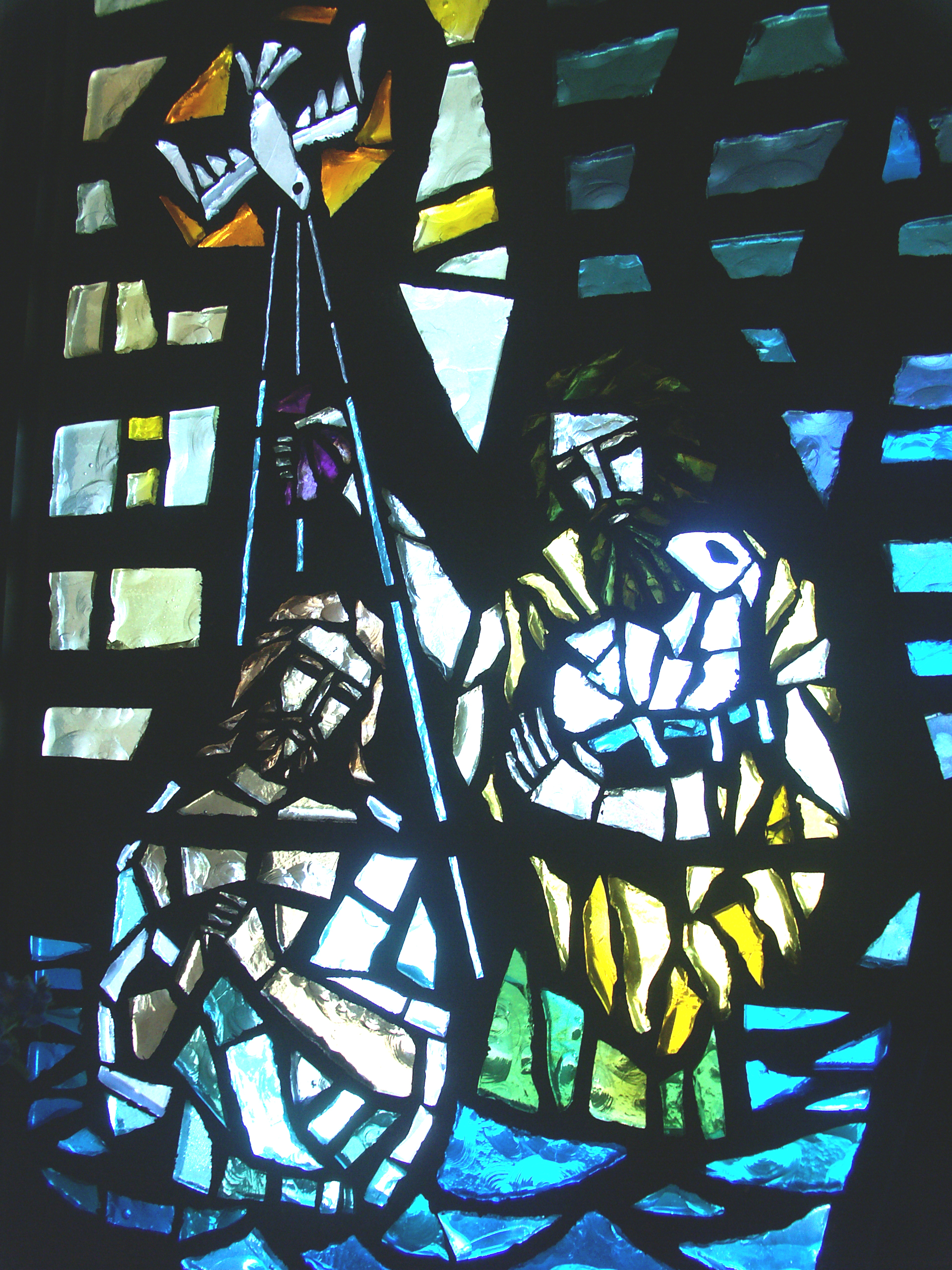
What Makes a Prophet?
Many years ago, while in my late teens, I would stay up late and watch TV. Those late-night hours gave me the chance to watch “Saturday Night Live,” “The Late Show with David Letterman” and reruns of old episodes from “Mash” or “Cheers.” It always seemed that the best time to watch TV was in those midnight hours. Inevitably, however, the shows would end and networks would broadcast preachers from across the United States bellowing out long sermons about God and salvation. One preacher, in particular, left an impression upon me. He stood on a stage filled with charts and timelines predicting the end times. With great passion, he’d proclaim that he could read the signs of the times and predict, according to the Scriptures, the Apocalypse. To say the least, I was skeptical. His followers, on the other hand, proclaimed him a prophet, one who could foretell God’s plans for us.
My skepticism was affirmed a few years later in one of the first scripture courses I took while studying theology. Although prophecy in the Bible did have an aspect of foretelling God’s plan, it’s primary purpose was to call God’s people to be faithful to their covenant with God. Prophecy, I discovered, had little to do with the future. It was about the present moment and the potential consequences of people’s infidelity to God’s command.
Moreover, the prophets of the Scriptures have little in common with the prophets of today. I think we can see this when we read the story of John the Baptist in the Gospel of Luke. Unlike contemporary prophets, John the Baptist and his predecessors often lived austere lives marked by extreme penance. Moreover, the prophets called attention not to themselves, but to God. I was struck by this as I prayed the Office this morning and read the third chapter of Luke. When questioned by the crowds if he was the Messiah, John not only denies the claim but exclaims “I am not worthy to untie the thong of his sandals.” John’s life and ministry was marked by a profound humility. He pointed not to himself, but to Christ.
I think we can learn much from John the Baptist. All of us are called to a prophetic ministry by virtue of our baptism. We are called to proclaim not ourselves, but Christ Jesus. Our prophetic ministry is to make way for the Kingdom of God by confronting the sin and injustice that impedes others’ experience of the freedom and grace of God. Our ministry is not marked by a boastful pride, but a sincere humility, a desire to allow others to encounter the gentle grace of God in and through us.
-Don Beyers, Relationship Manager & Acquisitions Editor



In regards to prophecy not having regards to the future (I assume you mean that it is to be read within the historical context it was spoken?), I do want to ask about Isaiah 7:14 and 9:6? The immediate context would have been Hezekiah, yet we would assert that it ultimately found fulfillment in Christ Jesus some 800 years later.